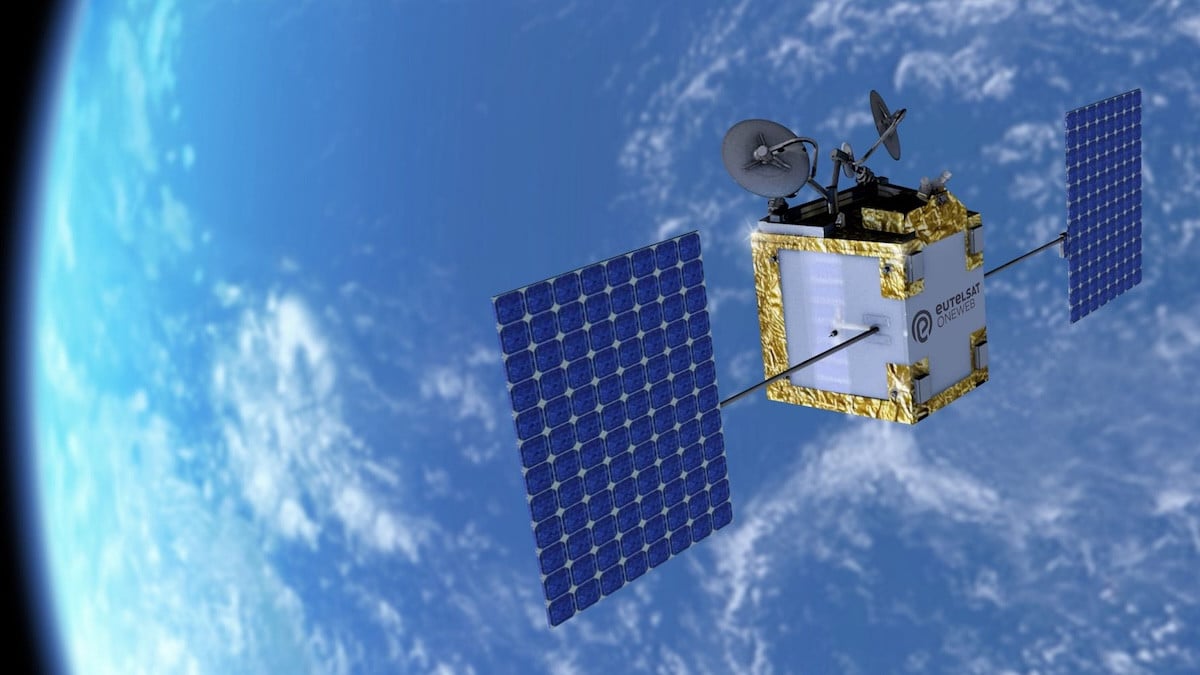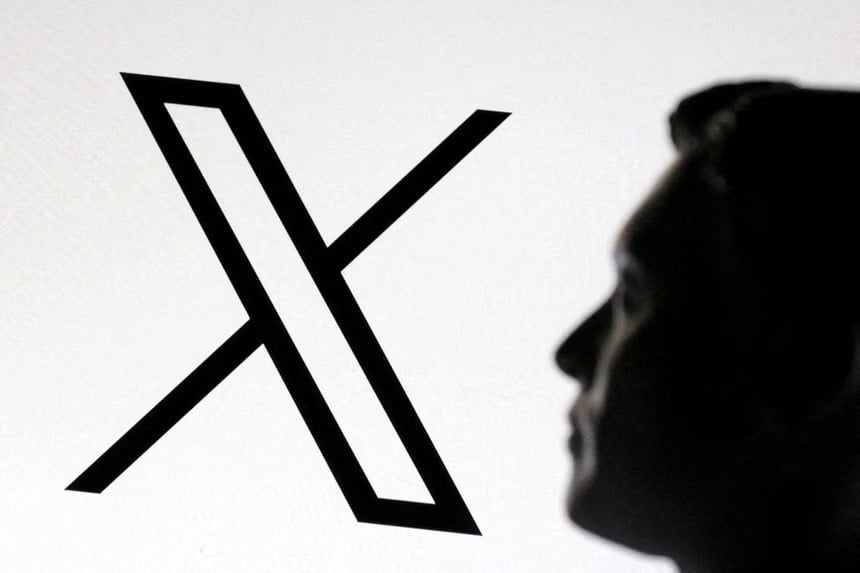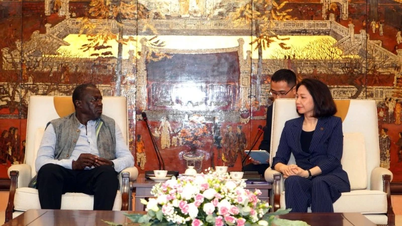Eutelsat, a French satellite internet company, is being considered to replace Elon Musk's Starlink in Ukraine, but this is unlikely to happen anytime soon due to the relatively large difference in performance and cost.
Eutelsat SA, headquartered in Paris, was founded in 1977 as an intergovernmental organization and privatized in 2001.
After merging with Britain's OneWeb in 2023, Eutelsat will become the third-largest satellite operator globally by revenue, competing directly with companies such as Starlink, SES SA (Luxembourg), and Intelsat.
The company provides satellite connectivity services, including television, telecommunications, and high-speed Internet, with network coverage in Europe, the Middle East, Africa, parts of Asia, and the Americas.
Eutelsat has both geostationary orbit (GEO) and low Earth orbit (LEO) satellites, but mainly uses (GEO) at an altitude of 36,000km through the OneWeb system, allowing the provision of Internet access services in remote areas without traditional telecommunications infrastructure.

According to Eutelsat Official Website, the company emphasizes its mission of providing global connectivity, removing barriers to communication, and supporting solutions for businesses, governments, and organizations.
Competitive Strategy with Starlink
Starlink, owned by SpaceX, has become the world's leading satellite internet provider thanks to its network of more than 7,000 LEO satellites, providing high speeds and low latency, especially in rural areas and war zones like Ukraine since the beginning of the war.
There has been considerable controversy over reliance on Starlink, especially since the US halted support, leading to concerns about national security and the stability of the service. Polish Foreign Minister Radoslaw Sikorski, in a post on social media X, noted that Poland is funding Starlink in Ukraine for about $50 million a year and could look for another provider if SpaceX is not reliable.
However, Eutelsat argues that even with just 630 satellite units, supported by 35 linked satellites in higher geostationary orbits, the French company still offers similar capabilities to Starlink in Europe.
Eutelsat CEO Eva Berneke confirmed in an interview that the company is in talks with the EU to replace Starlink in Ukraine, with plans to deploy about 40,000 terminals in a few months, according to Bloomberg. She stressed that Eutelsat already has thousands of OneWeb terminals in Ukraine, but needs financial and logistical support from the EU to scale up.
The challenges
Eutelsat, as a European company, is seen as a potentially viable alternative, but it still faces pressure from scale and cost. One surprising detail is that, despite the competition, Eutelsat still uses SpaceX rockets to launch its satellites, according to CNBC .
The main obstacle is cost. According to The Register, the OneWeb terminal costs about $10,000, much higher than the Starlink device (about $600). Along with that, because it mainly uses the GEO network, Eutelsat's latency is up to 240 ms (compared to 20-40 ms for Starlink because the US company uses satellites only 550km above the Earth). Therefore, it is not ideal for latency-sensitive applications such as gaming, video conferencing or military purposes.
In Europe, Eutelsat has packages including: Basic package is 39 euros/month (20 Mbps), Standard package is about 49 euros/month (50 Mbps) and Premium package is 59 euros/month (up to 100 Mbps).
Meanwhile, the access speed Starlink is providing is usually from 50-200 Mbps, even up to 220 Mbps, more suitable for applications requiring real-time data.
To completely replace Starlink's service, Eutelsat estimates that it will need at least 40,000 new terminals to serve both civilian and military users. This is a quantity that requires several months of production time and a significant investment.
In addition to Eutelsat, several other companies have been listed as competitors to Starlink, including SES SA (Luxembourg), Telesat (Canada), and Amazon's Project Kuiper. Orange, a French telecommunications company, also offers satellite internet service through a partnership with Nordnet (Sweden), but it does not own its own satellite network and is therefore not considered a direct competitor like Eutelsat.

Source: https://vietnamnet.vn/khong-de-de-thay-the-starlink-cua-elon-musk-tai-ukraine-2381084.html
























![[Infographic] Vietnam-Senegal traditional friendship](https://vphoto.vietnam.vn/thumb/1200x675/vietnam/resource/IMAGE/2025/7/23/4c96a604979345adb452af1d439d457b)












































































Comment (0)